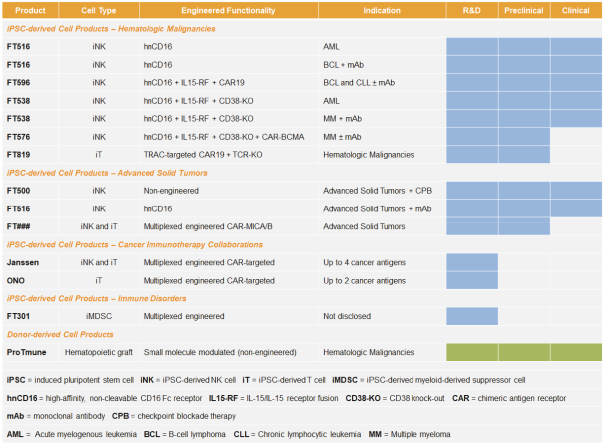Redmile has indicated an interest in purchasing shares of our common stock in this offering at the public offering price. Upon the closing of this offering and the purchase of shares by Redmile in the offering, Redmile will, in the aggregate, beneficially own approximately % of our outstanding common stock. Additionally, upon the consummation of this offering, our executive officers, directors and entities affiliated with our five percent stockholders will beneficially own, in the aggregate, shares representing approximately % of our outstanding voting stock, and if, in accordance with the CoD relating to our Class A convertible preferred stock, Redmile elected to remove certain limitations on the percentage of our outstanding common stock that it may own such that the 2,794,549 shares of Class A convertible preferred stock currently held by Redmile become fully convertible at Redmile’s option into 13,972,745 shares of common stock, the beneficial ownership of our executive officers, directors and entities affiliated with our five percent stockholders would increase to %.
Redmile and our other principal stockholders may have interests different than yours. Although we are not aware of any voting arrangements in place among these stockholders, if these stockholders were to choose to act together, as a result of their stock ownership, they would be able to influence our management and affairs and control all matters submitted to our stockholders for approval, including the election of directors and approval of any merger, consolidation or sale of all or substantially all of our assets. This concentration of ownership may also have the effect of delaying or preventing a change in control of our company or affecting the liquidity and volatility of our common stock, and might affect the market price of our common stock.
Changes in tax law may adversely affect us or our investors.
The rules dealing with U.S. federal, state and local income taxation are constantly under review by persons involved in the legislative process and by the Internal Revenue Service, or IRS, and the U.S. Treasury Department. Changes to tax laws (which changes may have retroactive application) could adversely affect us or holders of our common stock. In recent years, many such changes have been made and changes are likely to continue to occur in the future. For example, the Tax Cuts and Jobs Act, or the TCJA, was enacted in 2017 and made significant changes to corporate taxation, including the reduction of the corporate tax rate from a top marginal rate of 35% to a flat rate of 21%, the limitation of the tax deduction for net interest expense to 30% of adjusted taxable income (except for certain small businesses), the limitation of the deduction for net operating losses from taxable years beginning after December 31, 2017 to 80% of current year taxable income and the elimination of net operating loss carrybacks generated in taxable years ending after December 31, 2017 (though any such net operating losses may be carried forward indefinitely), and the modification or repeal of many business deductions and credits. Additionally, on March 27, 2020, President Trump signed into law the Coronavirus Aid, Relief, and Economic Security Act, which, among other things, suspends the 80% limitation on the deduction for net operating losses in taxable years beginning before January 1, 2021, permits a5-year carryback of net operating losses arising in taxable years beginning after December 31, 2017 and before January 1, 2021, and generally caps the limitation on the deduction for net interest expense at 50% of adjusted taxable income for taxable years beginning in 2019 and 2020. It cannot be predicted whether, when, in what form, or with what effective dates, tax laws, regulations and rulings may be enacted, promulgated or issued, which could result in an increase in our or our stockholders’ tax liability or require changes in the manner in which we operate in order to minimize or mitigate any adverse effects of changes in tax law.
Our ability to use our net operating loss carryforwards and certain other tax attributes may be limited.
As of December 31, 2019, we had federal and California net operating loss carryforwards of $168.2 million and $168.2 million, respectively, some of which begin to expire in various amounts in 2027. As of December 31, 2019, we also had federal and California research and development tax credit carryforwards of $13.4 million and $8.5 million, respectively. The federal research and development tax credit carryforwards will begin to expire in 2035 unless previously utilized, while the California carryforwards will carry forward indefinitely. These net operating loss and tax credit carryforwards could expire unused and be unavailable to offset future income tax liabilities. In addition, in general, under Sections 382 and 383 of the Internal Revenue Code of 1986, as amended, a corporation that undergoes an “ownership change” is subject to limitations on its ability to utilize itspre-change net operating losses or tax credits, or NOLs or credits, to offset future taxable income or taxes. Generally, a change of more than 50 percentage points in the ownership of a corporation’s stock, by value, over a three-year period constitutes an ownership change for U.S. federal income tax purposes. We have determined that we triggered an ownership change limitation in November 2009 and again in May 2015. We have determined that we do not believe there were any
S-11

